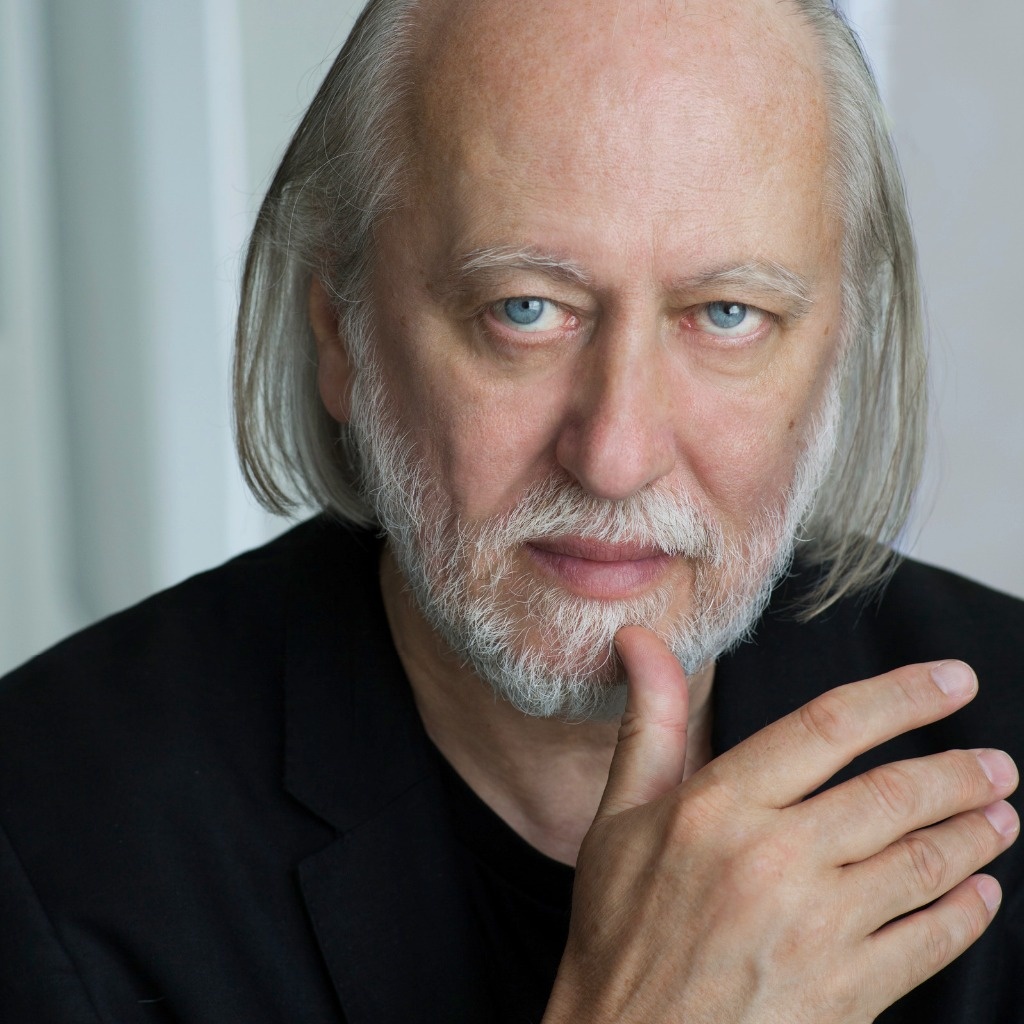Madrid. The Hungarian writer László Krasznahorkai, author of an extensive and celebrated narrative work, was recognized with the prestigious Formentor Prize for Literature 2024, joining a very select list of authors, among whom are some of the great geniuses of literature. contemporary literature, such as the French Pascal Quignard, who won it last year, or Carlos Fuentes, Juan Goytisolo, Javier Marías, Enrique Vila-Matas, Ricardo Piglia, Roberto Calasso, Alberto Manguel, Mircea Cărtărescu, Annie Ernaux, Cees Nooteboom, César Aira and Liudmila Ulítskaya. The Jury highlighted that his work is a reflection of the “abrupt cartography of the sinuous human pilgrimage and the secret murmurs of a self-absorbed premonition.”
Gathered in the city of Marrakech, a city also linked to high literature that celebrates the Formentor prize, the jury explained some of the reasons for the choice, highlighting that Krasznahorkai’s work stands out “for sustaining the narrative power that surrounds, reveals, hides and transforms the reality of the world, by dilating the fictional version of the enigmatic human existence, by summoning the vigorous reading of a complex fable and constructing the fascinating labyrinths of the literary imagination.
The jury was chaired by the president of the Formentor Foundation, the critic and writer Basilio Baltasar, in addition to the other members of the group that chose this year’s author, who were Berta Vías Mahou, Dulce María Zúñiga, José Enrique Ruiz-Domènec and Andrés Ibáñez. These, after ranking the merits of the writers presented as candidates by the jury and after evaluating the quality and meaning of their literary works, finally opted for that of the Hungarian writer.
In his explanations he warns that the “work of our winner encompasses in its elliptical and delayed evocation the dark, beautiful and melancholic landscapes of the soul, the abrupt cartography of the sinuous human pilgrimage and the secret murmurs of a self-absorbed premonition.” They also point out that “in the plot of some surprising fictions, László Krasznahorkai’s characters are distinguished by their languid, hidden and curly personality. In its narrative itinerary, consciousness and adventure, irony and sadness, madness and the sacred, flow to the rhythm of a meditated rumination. The characters are always dense, unpredictable and on the verge of a delirious redemption.”
The jury members also highlighted that “László Krasznahorkai’s narrative structures and his detailed, slow and drawn-out style manifest the creative energy of a literature completely foreign to the industrial influence of entertainment. Over the decades, his work has brought together an international community of readers committed to the artistic tradition of the European novel. The works of László Krasznahorkai give us back the virtuous phlegm of reading and contemplation of the strange, solemn, lethargic, dark and voluptuous that beats in the heart of man. Our author thus renews the aesthetic authority of great literature.”
Krasznahorkai was born on January 5, 1954 in Gyula, Hungary, where he studied Law and Hungarian Language and Literature and, after a few years as an editor, became a writer. He left his country in 1987, when he traveled to West Berlin to obtain a scholarship. In the early 1990s, he spent long periods of time in Mongolia and China, and later in Japan. His first novel, Satantango (1985), was translated into Spanish as Tango satánico, and he later published Melancolía de la resistance (1989). Other of his works translated into Spanish are: Guerra y guerra; To the North the mountain, to the South the lake, to the West the road, to the East the river; Isaiah has arrived; And Seiobo descended to Earth; Merciful Relations and The Last Wolf.
The Formentor Prize is endowed with 50 thousand euros and has the patronage of the Barceló and Buadas families. It was founded by a renowned group of European editors, including Carlos Barral, Claude Gallimard, Giulio Einaudi, Heinrich Maria Ledig-Rowohlt, Barney Rosset and Weidenfeld & Nicolson. Among the authors awarded in the first stage of the award, which was from 1961 to 1967, are writers such as Jorge Luis Borges, Samuel Beckett, Saul Bellow, Jorge Semprún and Witold Gombrowicz. After his recovery, in 2011, the award was received by Carlos Fuentes, Juan Goytisolo, Javier Marías, Enrique Vila-Matas, Ricardo Piglia, Roberto Calasso, Alberto Manguel, Mircea Cărtărescu, Annie Ernaux, Cees Nooteboom, César Aira, Liudmila Ulítskaya and Pascal Quignard.
#Writer #László #Krasznahorkai #recognized #Formentor #las #Letras #award
– 2024-04-10 07:35:11
